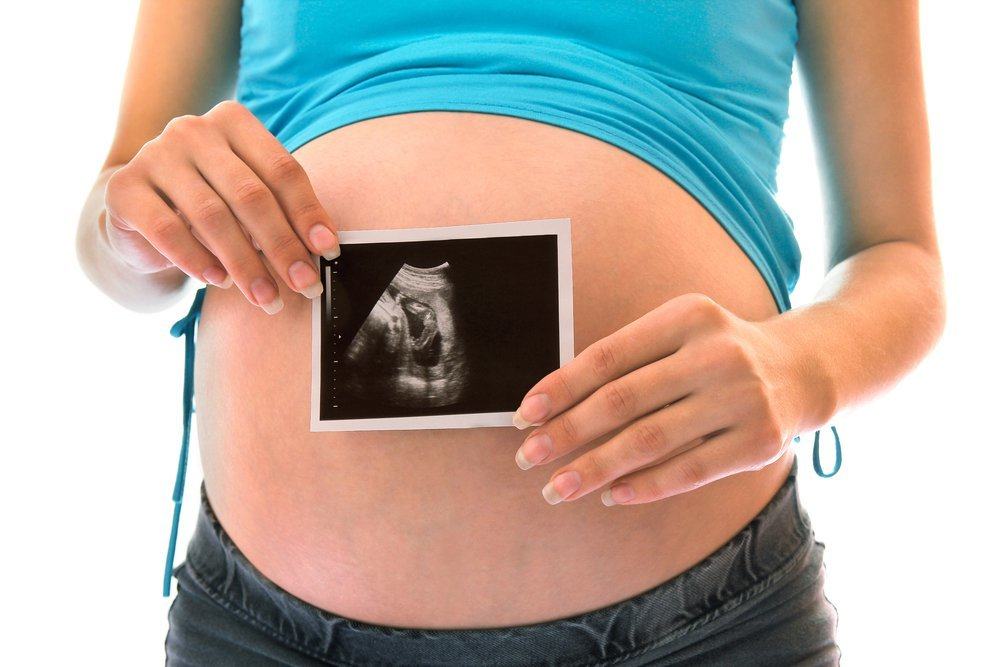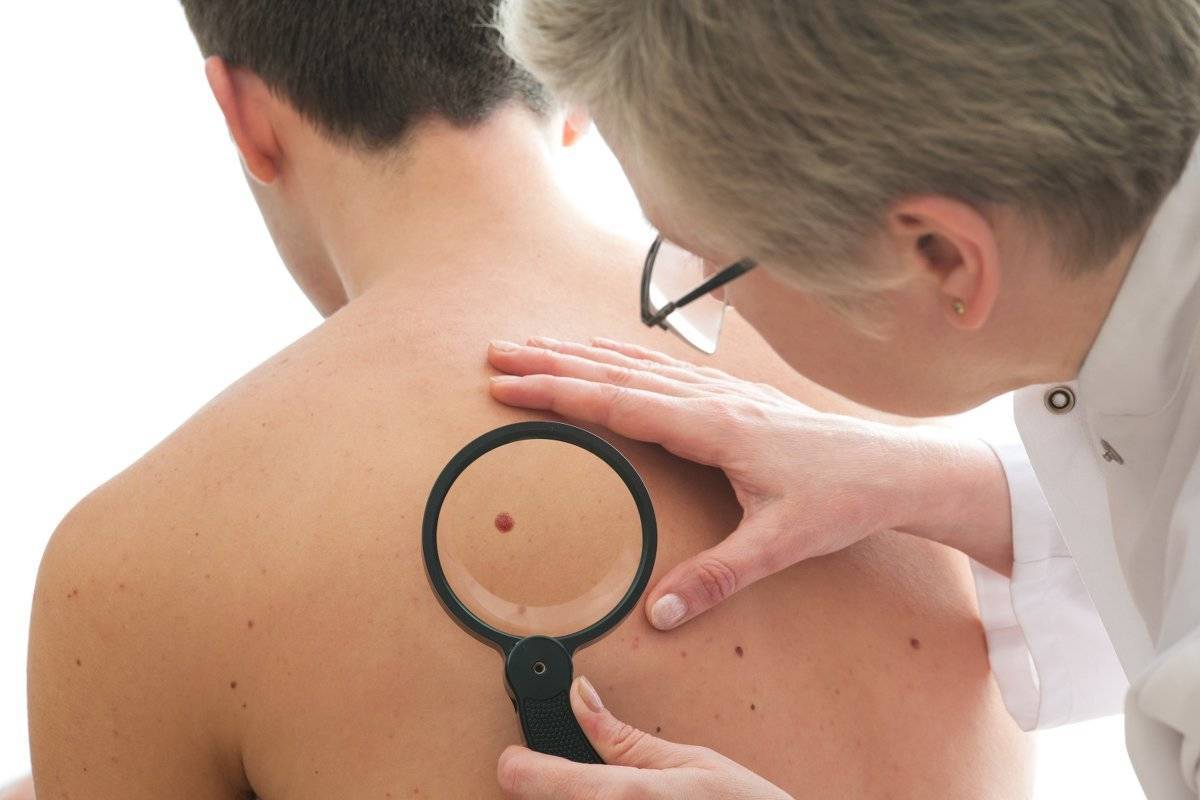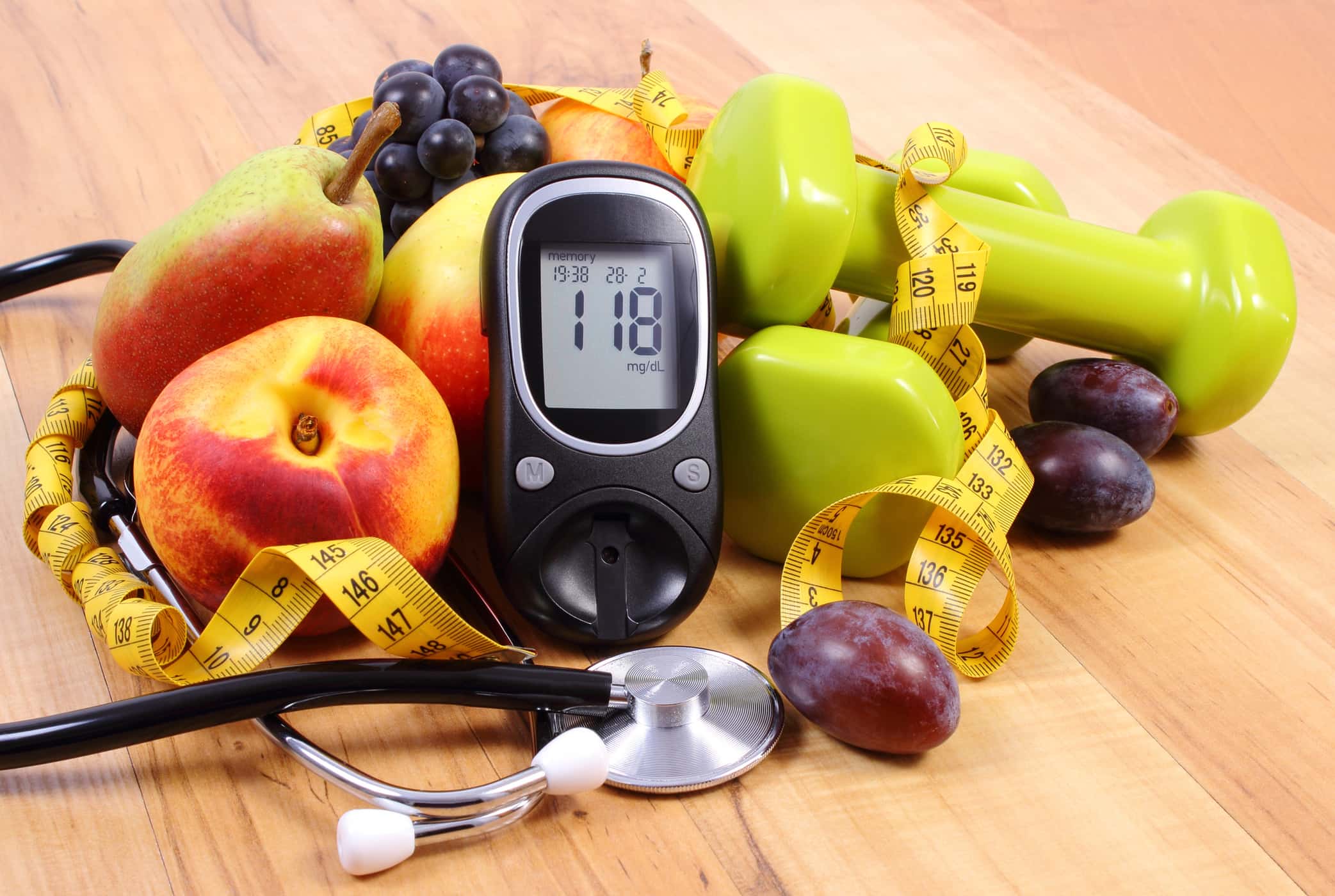Contents:
Medical Video: Chromosomes and Karyotypes
Definition
What is chromosomal karyotype?
Chromosome karyotypes are used to examine the chromosome structure in a person to ascertain if there is a genetic disease associated with the chromosome.
Normal chromosome sets consist of 22 pairs of autosomes and a pair of sex chromosomes (XY for men and XX for women). Changes in chromosomes can occur either due to congenital or acquired later. Changes in the number, structure, and arrangement and size of chromosomes can cause abnormalities and various types of diseases. Common chromosomal abnormalities include duplication, deletion, translocation, inversion, or rearranging genes on chromosomes.
When should I undergo a chromosomal karyotype?
This test is useful for evaluating and diagnosing congenital defects. As an example:
- mental retardation
- hypogonadism
- Primary amenorrhea
- genitalia which is not clearly male or female
- acute leukemia (leukemia) chronic myeloid
- abortion, prenatal diagnosis of serious congenital disease (especially in the case of non-young pregnant women) such as Turner syndrome, Klinefelter, Down, and other genetic disorders. Your doctor may also take a test to determine the cause of stillbirth or miscarriage.
Prevention & warning
What should I know before undergoing a chromosome karyotype?
Your doctor can use different parts of the body to take chromosome samples. In particular, peripheral blood collection is very suitable for diagnosing this disease:
- acute myeloid leukemia
- acute myelogenous leukemia
- chronic myeloid leukemia
- chronic myelogenous leukemia
- general leukemia
- lymphoma
It is important for you to know the warnings and precautions before carrying out this operation. If you have questions, consult your doctor for further information and instructions.
Process
What should I do before undergoing a chromosome karyotype?
Usually no special preparation is needed before the test. You can ask your doctor about the need for tests and their complications. Because the results of a test can affect your life later, it's better to contact the oncologist in advance regarding genetic problems. They are trained to read the results of chromosome analysis and can advise on the illness and how it affects you and how it is passed on to your children. The doctor will help you make the right decision. So it is highly recommended to consult with them before this test.
What is the process of chromosomal karyotype?
Samples for analyzing chromosomes can be obtained from various sources. Leukocytes in peripheral veins are the easiest and most commonly used for this test. Bone marrow biopsy and surgical samples are also sometimes used. During pregnancy, analysis of samples can be obtained by amniocentesis and CVS biological samples. Fetal tissue or products during pregnancy can be analyzed to determine the cause of miscarriage.
Analysis of oral mucosal cells is cheaper but does not provide accurate results about other cells when conducting this analysis.
What should I do after undergoing a chromosomal karyotype?
What needs to be done after this test will depend on the method or sample. In the case of a blood test:
- the doctor or nurse will take blood for a cholesterol and triglyceride test. The level of pain depends on the nurse's ability, venous condition, and pain sensitivity
- after blood collection is complete, you need a bandage and gently press on the part of the vein being injected to stop bleeding. You can return to normal activities after the test is complete
For sampling in other positions, you must look for a specific point for injection. Test results usually come out after a few months. If your results are abnormal, because this is a genetic disease, usually your family must also take this test. Also, you should talk to your doctor about treatment.
If you have questions relating to the process of this test, consult your doctor for a better understanding.
Explanation of Test Results
What do the test results mean?
Normal Results:
- women: 44 autosomes and 2 X chromosomes; conclusion of chromosomes: 46, XX
- male: 44 autosomes + 1 X chromosome, 1 Y chromosome; conclusion of chromosomes: 46, XY
Abnormal results: if the result is different from 2 results:
- birth defects
- intelligence development acupuncture
- slow growth
- puberty is delayed
- infertility
- hypogonadism
- primary amenorrhea
- unclear genitalia
- chronic myeloid leukemia (leukemia)
- neoplasia tumor
- miscarriage
- trisomy 21 (trisomy 21) (mental retardation)
- Tay-Sachs disease
- sickle cell Anemia
- Turner syndrome
- Klinefelter syndrome.
Please discuss with your doctor if there are questions regarding your test results.
Hello Health Group does not provide medical advice, diagnosis or treatment.











